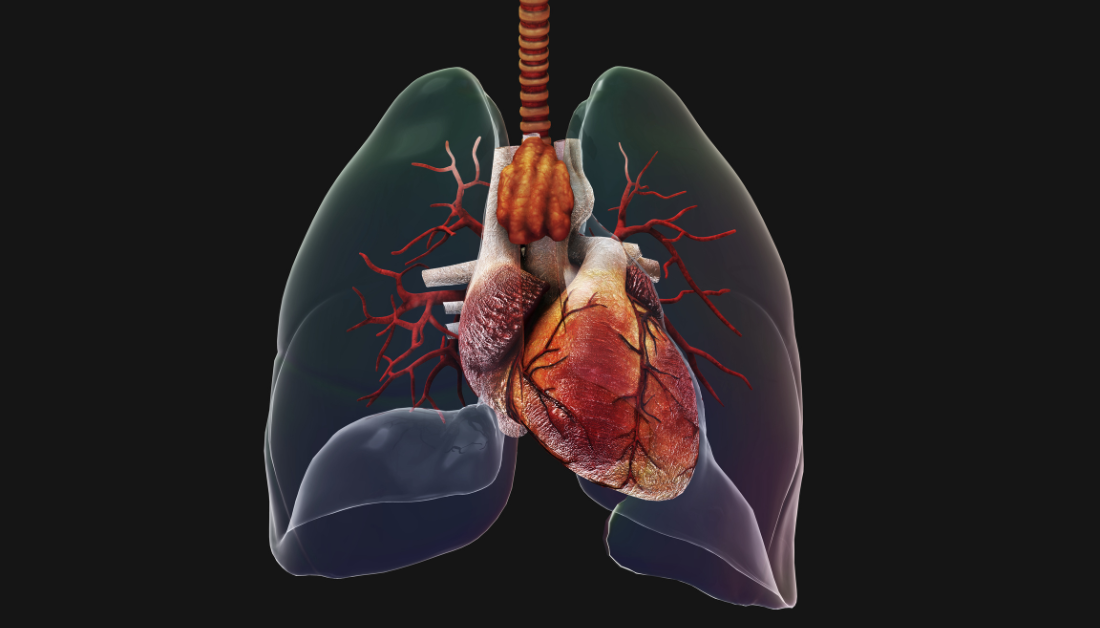

According to research published online Oct 31 in the Journal of the Society for Cardiovascular Angiography & Interventions, mechanical thrombectomy (MT) is safe and efficacious in real-world, high-risk patients with pulmonary embolism (PE).
Dr. James M. Horowitz of New York University’s Grossman School of Medicine and colleagues investigated the safety and efficacy of MT for high-risk PE. The study comprised 63 high-risk patients from the multicenter FlowTriever All-comer Registry for Patient Safety and Hemodynamics trial.
The researchers discovered that 47.6 percent of patients had a systolic blood pressure of 90 mm Hg, 46.0 percent needed vasopressors, and 6.3 percent died. 72.6 percent of patients were tachycardic at baseline, 54.5 percent had increased lactate levels of 2.5 mM, and 42.9 percent had a decreased cardiac index of 2 L/min/m2. After MT, my heart rate increased to 93.5 beats per minute. Twenty-five patients (42.4 percent) did not need to stay in the intensive care unit overnight. There were no fatalities or serious adverse events during the first 48 hours, and no fatalities occurred over the 30-day follow-up.
“Our findings highlight the effectiveness of mechanical thrombectomy as a first-line treatment for high-risk pulmonary embolism,” Horowitz said in a statement. “By removing blood clots from the lungs, this procedure can rapidly restore blood flow and prevent fatal complications.”
Several authors revealed connections to the medical technology industry.
For more information: James M. Horowitz et al, Mechanical Thrombectomy for High-Risk Pulmonary Embolism: Insights From the US Cohort of the FLASH Registry, Journal of the Society for Cardiovascular Angiography & Interventions (2023).
DOI: 10.1016/j.jscai.2023.101124
more recommended stories
 T-bet and the Genetic Control of Memory B Cell Differentiation
T-bet and the Genetic Control of Memory B Cell DifferentiationIn a major advancement in immunology,.
 Ultra-Processed Foods May Harm Brain Health in Children
Ultra-Processed Foods May Harm Brain Health in ChildrenUltra-Processed Foods Linked to Cognitive and.
 Parkinson’s Disease Care Advances with Weekly Injectable
Parkinson’s Disease Care Advances with Weekly InjectableA new weekly injectable formulation of.
 Brain’s Biological Age Emerges as Key Health Risk Indicator
Brain’s Biological Age Emerges as Key Health Risk IndicatorClinical Significance of Brain Age in.
 Children’s Health in the United States is Declining!
Children’s Health in the United States is Declining!Summary: A comprehensive analysis of U.S..
 Autoimmune Disorders: ADA2 as a Therapeutic Target
Autoimmune Disorders: ADA2 as a Therapeutic TargetAdenosine deaminase 2 (ADA2) has emerged.
 Is Prediabetes Reversible through Exercise?
Is Prediabetes Reversible through Exercise?150 Minutes of Weekly Exercise May.
 New Blood Cancer Model Unveils Drug Resistance
New Blood Cancer Model Unveils Drug ResistanceNew Lab Model Reveals Gene Mutation.
 Healthy Habits Slash Diverticulitis Risk in Half: Clinical Insights
Healthy Habits Slash Diverticulitis Risk in Half: Clinical InsightsHealthy Habits Slash Diverticulitis Risk in.
 Caffeine and SIDS: A New Prevention Theory
Caffeine and SIDS: A New Prevention TheoryFor the first time in decades,.

Leave a Comment